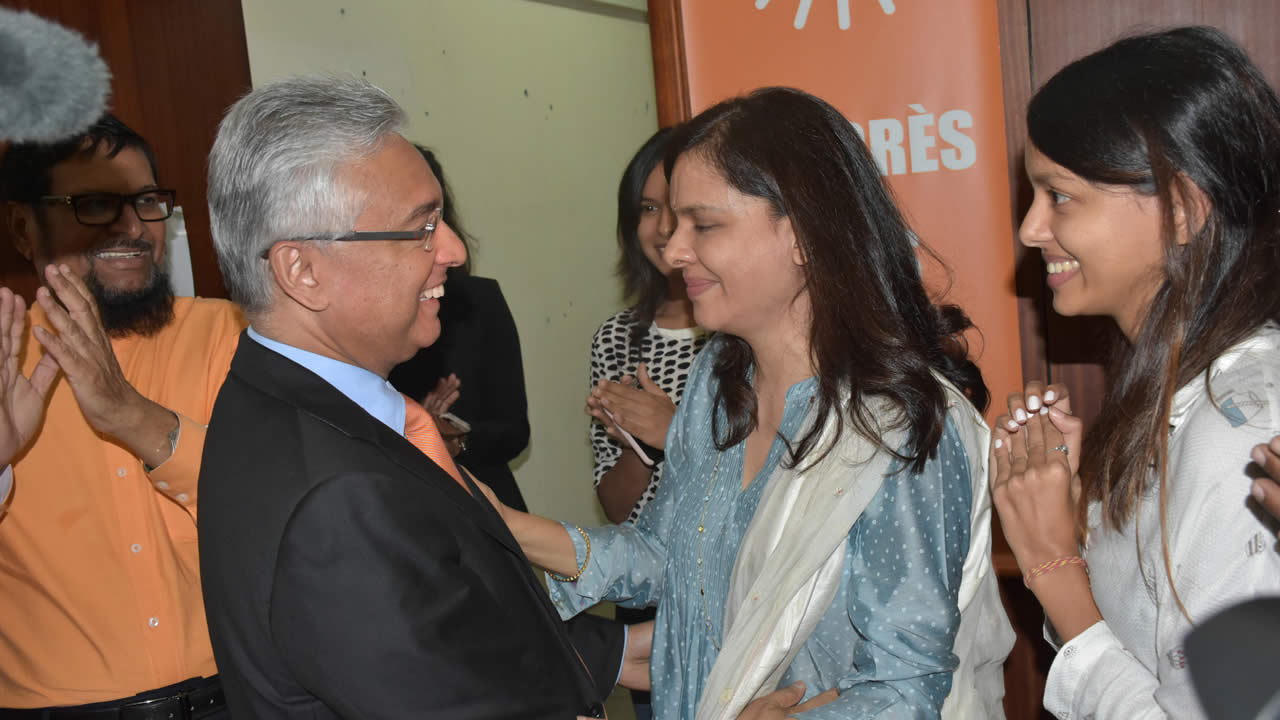
The Prime Minister and leader of the MSM has been exonerated from all blames by the Judicial Committee of the Privy Council (JCPC) in the MedPoint case. Following the announcement of the ruling on Monday 25th February, besides celebrations by key personalities, members of the MSM party and by Pravind Jugnauth himself, many stakeholders reacted to the judgement, including the Office of the Director of Public Prosecutions (DPP).
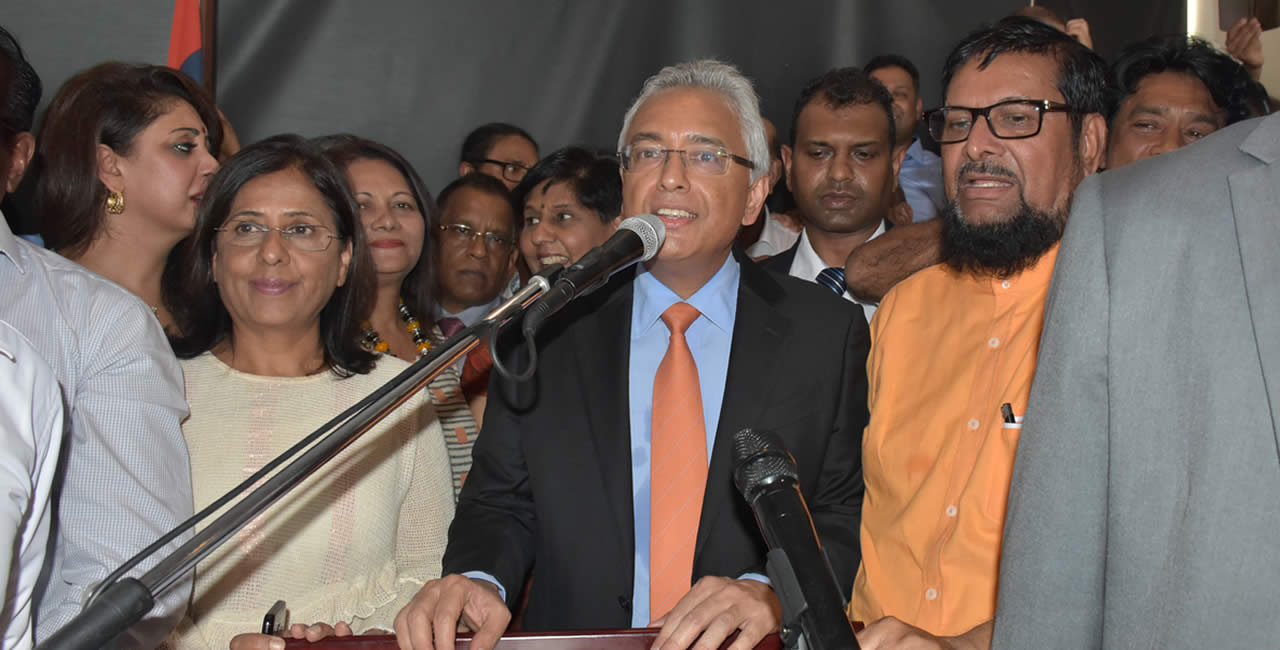
Eight years after his arrest for “conflict of interest” in the MedPoint Case, Pravind Jugnauth has been cleared of all accusations by the Judicial Committee of the Privy Council (JCPC) in the appeal of the Director of Public Prosecutions (DPP) regarding his acquittal. The Law Lords declared that the DPP has failed to establish any of the elements of the offence, namely that the defendant’s sister Shalini Devi Malhotra had a “personal interest in the decision” to reallocate funds for the State's purchase of the MedPoint Clinic.
Following the verdict, Pravind Jugnauth headed to the MSM party’s seat at the Sun Trust building in Port Louis to address his supporters. He said that the last seven years have been painful for him. “It's a victory without appeal,” he uttered. The leader of the MSM thanked his panel of lawyers, members of the Government and his supporters.
“I am delighted to have come to the end with this. I have led this fight to defend my honour and my integrity,” he said. After warmly greeting his wife Kobita Jugnauth and their children, Pravind Jugnauth narrated the events that to led his conviction in the Intermediate Court.
“I was sentenced to 12 months in prison by the Intermediate Court. I have always applied my values and principles as a politician. When the judgment fell, I resigned my position as minister. In 2016, the Supreme Court overruled the judgment of the Intermediate Court and ruled in my favour. Despite my innocence, there was a decision to challenge this judgment at the Privy Council. With my panel of lawyers, we prepared the case before the Privy Council. Thanks to them, my innocence prevailed for the second time,” he stated.
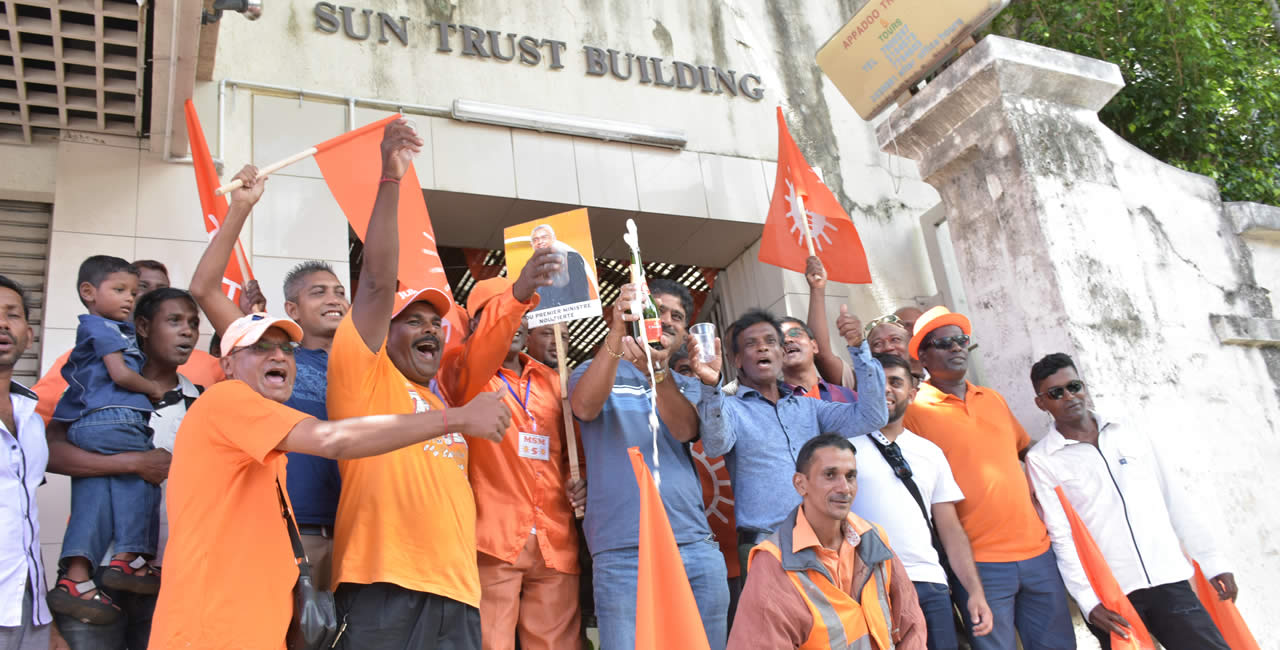
Rallies across the country
Supporters of the leader of the MSM Pravind Jugnauth did not fail to exhibit their joy following the ruling of the Privy Council on Monday. While supporters wore clothes of the orange colour, as a sign of support to the Party and to the leader, firecrackers were blown at the Sun Trust Building in Port Louis.
Celebrations were also on in Constituency No8 Moka/Quartier Militaire, which is known as Pravind Jugnauth’s own territory. Supporters dressed in orange and vehicles decorated with orange flags rallied in the streets.
Office of the DPP welcomes decision of Privy Council
Following the verdict, the Office of the Director of Public Prosecutions issued a communiqué in which Satayjit Boolell, Senior Counsel, stated that the office welcomes the decision of the Privy Council, as it sheds light “on matters which were up to now in controversy.”
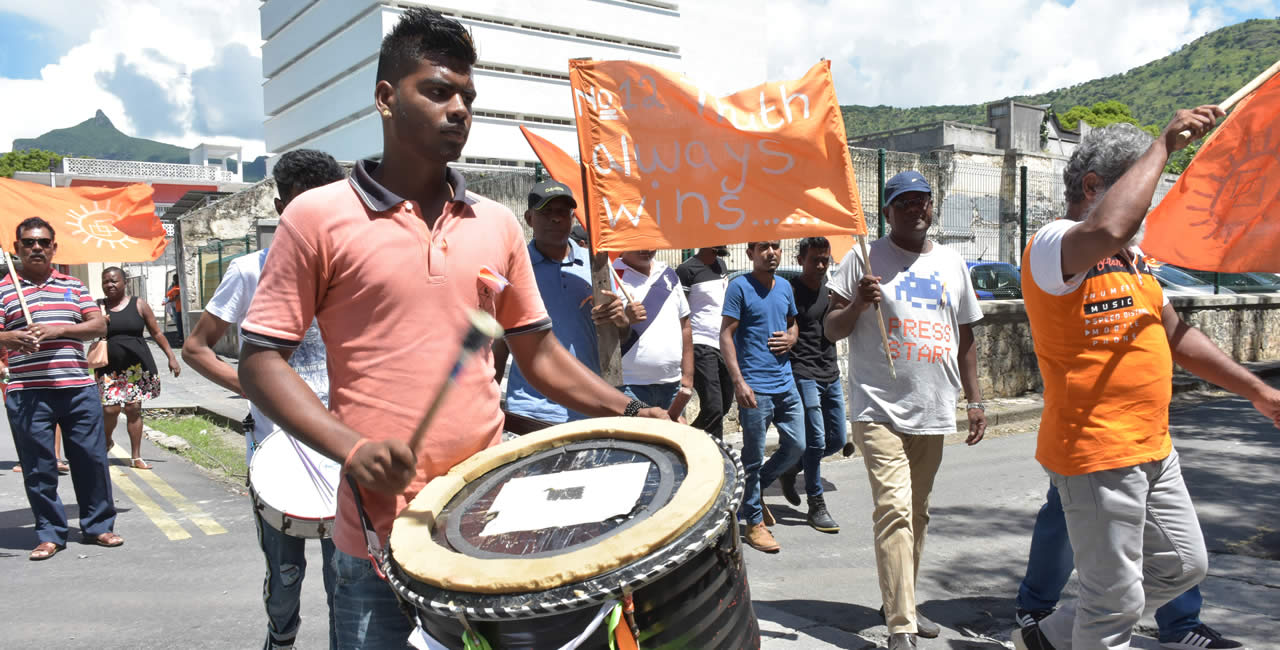
“In a Communiqué issued by this Office on 8th June 2016, we explained our decision to appeal to the Privy Council. Our Office was of the view that the judgment of the Supreme Court gave rise to important questions, crucial to establishing an offence under section 13(2) of the Prevention of Corruption Act (the POCA), in particular – (a) the requisite degree of knowledge and criminal intent of a public official to establish an offence of Conflict of Interests; (b) the meaning of the term ‘personal interest’; (c) whether a public official is precluded from taking any step in the execution of a contract which has been awarded by a public body to a company in which a relative of that public official has shares.”
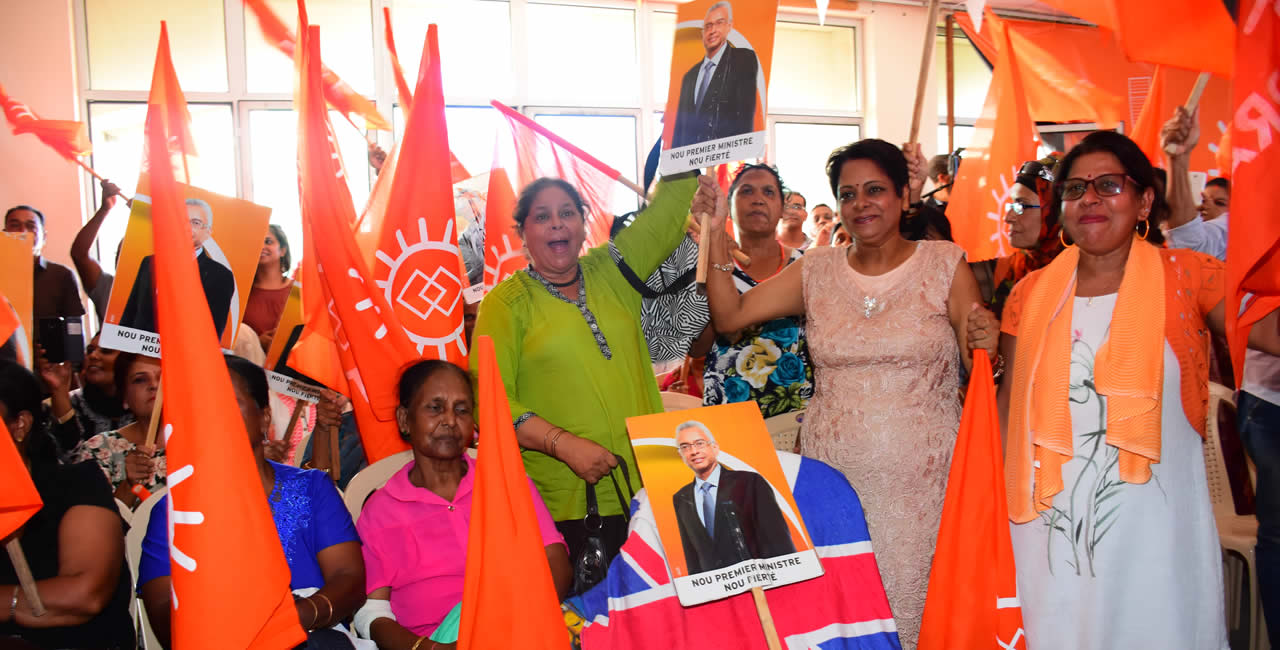
The Office of the DPP stated that “the Privy Council in its judgment has accepted our position on the points of law in issue in this case and has confirmed the legal reasoning adopted by the Intermediate Court. The judgment of the Privy Council will undoubtedly be of valuable assistance to our Office when deciding future cases under section 13(2) of the POCA.”
Sir Anerood Jugnauth : “It is not a surprise for me”
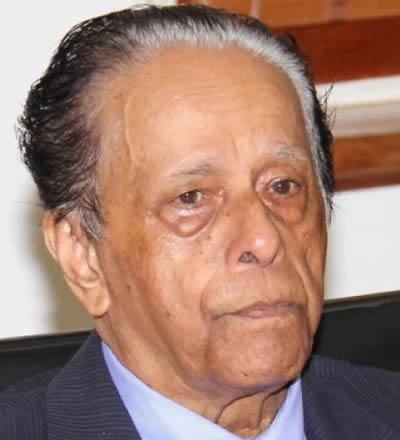 The reaction of Sir Anerood Jugnauth (SAJ) was eagerly awaited following the victory of his son, Pravind Jugnauth. “We are very happy but for me, it is not a surprise. When the case was reported in the Intermediate Court, I always said that it has no ‘conflict of interest’. I had perceived this as a political vendetta,” said SAJ on Radio Plus.
The reaction of Sir Anerood Jugnauth (SAJ) was eagerly awaited following the victory of his son, Pravind Jugnauth. “We are very happy but for me, it is not a surprise. When the case was reported in the Intermediate Court, I always said that it has no ‘conflict of interest’. I had perceived this as a political vendetta,” said SAJ on Radio Plus.
Ivan Collendavelloo : “SAJ was right from the beginning”
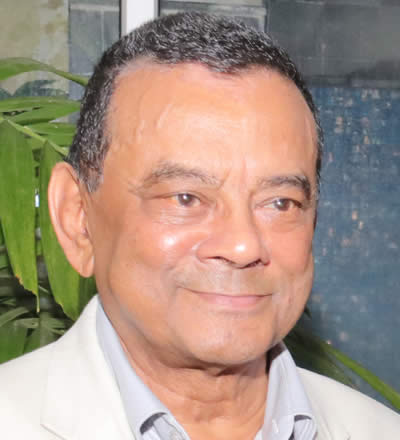 The Deputy Prime Minister also reacted to the verdict. Ivan Collendavelloo is of the opinion that the last seven years have been difficult for Pravind Jugnauth. “I express my solidarity with the Prime Minister,” he uttered on RadioPlus. He also added that “Sir Anerood Jugnauth was right from the beginning. Pravind has been able to prove his integrity.”
The Deputy Prime Minister also reacted to the verdict. Ivan Collendavelloo is of the opinion that the last seven years have been difficult for Pravind Jugnauth. “I express my solidarity with the Prime Minister,” he uttered on RadioPlus. He also added that “Sir Anerood Jugnauth was right from the beginning. Pravind has been able to prove his integrity.”
Shakeel Mohamed : “Congratulations to Pravind Jugnauth”
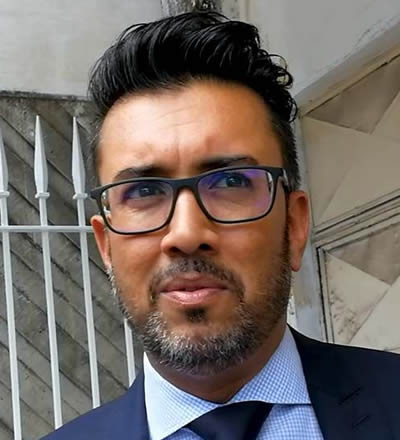 The Labour Party leader in parliament congratulated Pravind Jugnauth. Speaking on RadioPlus, Shakeel Mohamed, who is also a lawyer, recalled the fact that “he was confident of the Prime Minister’s victory in this affair. The head of the Government must now put some order within the MSM and take care of his role as Prime Minister,” he added.
The Labour Party leader in parliament congratulated Pravind Jugnauth. Speaking on RadioPlus, Shakeel Mohamed, who is also a lawyer, recalled the fact that “he was confident of the Prime Minister’s victory in this affair. The head of the Government must now put some order within the MSM and take care of his role as Prime Minister,” he added.
Paul Bérenger : “The MMM does not have to rejoice”
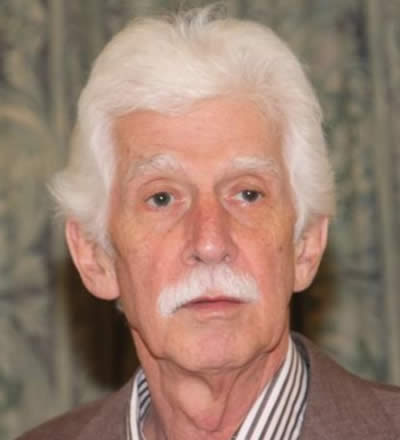 The leader of the MMM party and his members held a press conference on Monday, following the verdict in MedPoint case. Paul Bérenger underlined that the MMM has no reason to rejoice regarding the verdict but this does not mean that he should be considered an awful loser. The MMM leader further added that the ‘legal uncertainty’ of the ICAC weighed heavily in the final decision.
The leader of the MMM party and his members held a press conference on Monday, following the verdict in MedPoint case. Paul Bérenger underlined that the MMM has no reason to rejoice regarding the verdict but this does not mean that he should be considered an awful loser. The MMM leader further added that the ‘legal uncertainty’ of the ICAC weighed heavily in the final decision.
Adrien Duval : “The Prime Minister is riding on the wave of victory”
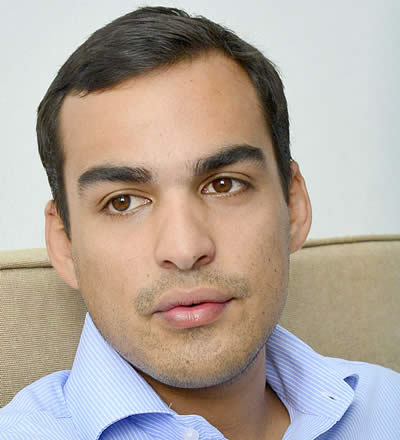 The PMSD party member and MP stated that it would be in Pravind Jugnauth’s advantage if he chooses a date for the elections soon. “Since the Prime Minister is now riding on a wave of victory, it will be in his interest that he announces the general elections as soon as possible.”
The PMSD party member and MP stated that it would be in Pravind Jugnauth’s advantage if he chooses a date for the elections soon. “Since the Prime Minister is now riding on a wave of victory, it will be in his interest that he announces the general elections as soon as possible.”
State’s Acquisition of Medpoint Clinic
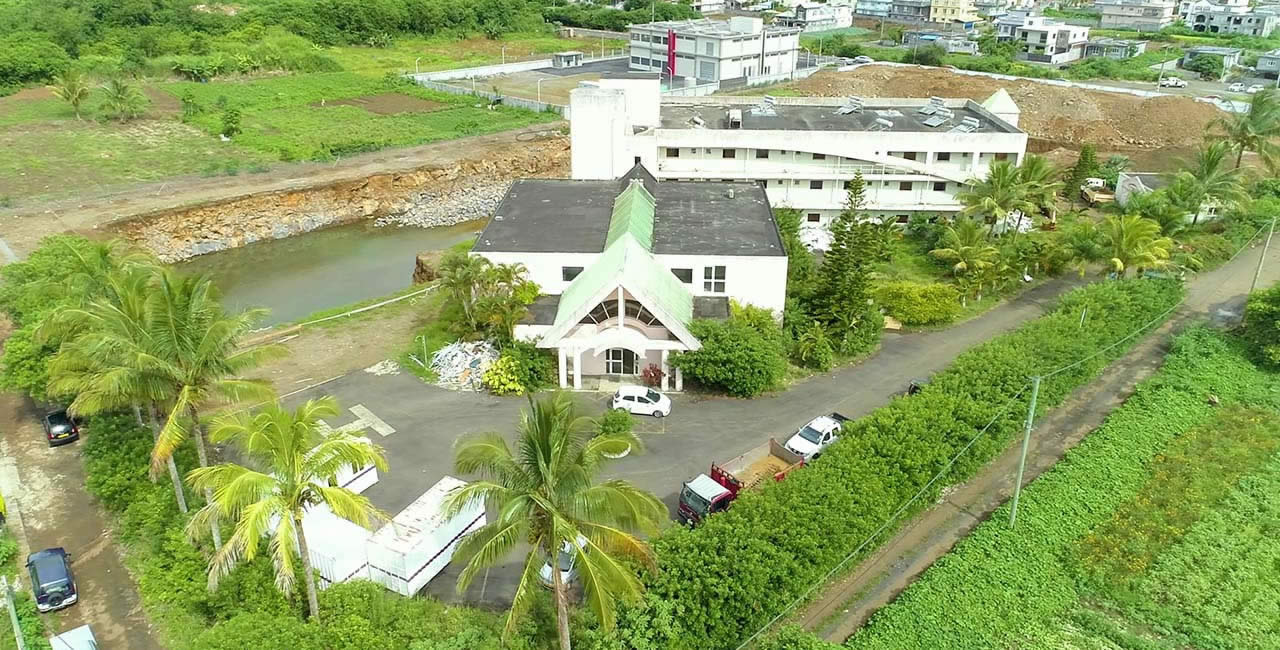
The Judicial Committee of the Privy Council (JCPC), on Monday 25th February 2019, has set aside with costs the appeal lodged by the Appellant, the Director of Public Prosecutions (DPP), and ruled in favour of the Respondent, Prime Minister, Pravind Kumar Jugnauth. In doing so, the Appeal Bench, consisting of the Law Lords Kerr, Carnwath, Lloyd-Jones, Kitchin and Sales quashed the conviction of the Respondent for an offence of ‘conflict of interests’ contrary to Section 13 (2) and (3) of the Prevention of Corruption Act 2002 (POCA), as amended by Section 4 (b) of the Act No 1/2000.
The Prime Minister was convicted of the offence on 30th June 2015 following a trial before the Intermediate Criminal Court. The trial Bench, consisting of Magistrates Niroshinee Ramsoondar and Azam Neerooa, on 2nd July 2015, sentenced him to 12 months’ imprisonment. On 25h May 2016, the Appeal Court constituted of the Chief Justice, Keshoe Parsad Matadeen and Justice Ashraf Caunhye, allowed the appeal and quashed the conviction and sentence. On 22nd June 2017 the Supreme Court, consisting of the same Bench granted the DPP leave to appeal to the JCPC. On 15th January 2018, the Supreme Court, having on the Bench the Chief Justice, granted final leave to the DPP to appeal to the highest judicial instance in London. Monday’s judgment is the final outcome of this corruption case, which had been dragging on for at least 9 years before it has been finally disposed of by the JCPC.
In its long and motivated judgment, the JCPC has unanimously concluded that Mrs Shalini Malhotra had no personal interest in the reallocation of funds approved by his brother, the then Minister of Finance for the payment of Medpoint Clinic. Consequently, the question of conflict of interest does not arise.
“The Supreme Court was correct to conclude that the decision taken by the Defendant (Pravind Jugnauth) to approve the reallocation of funds at the stage after funds had been identified, after the payment deadline had been determined, after the contract had been awarded and after the contract amount had been determined was not a decision in which his sister had any personal interest. It was merely concerned with a choice between two available internal sources of funding.” The five Law Lords concluded.
At the outset, they recalled that before the appeal was to be debated, the Independent Commission Against Corruption (ICAC), which initiated the prosecution, has changed its position on this appeal. In its written case, mention is being made of “an internal reallocation of payments source for the external contract.” Taking this argument at face value, how can it be a decision in which Mrs Malhotra would have a personal interest?, questioned the Board. The answer is no.
“This is sufficient to dispose of this appeal.” concluded the Law Lords. “The Prosecution has failed to establish that the defendant’s sister had a personal interest in the decision. However, it should also be noted that, by the same token, the defendant could not have had knowledge of the existence of facts giving rise to personal interest in the decision in his sister, because there were none.”
Before the JCPC the DPP has appealed on 4 grounds:
- Whether, as he Supreme Court held, the State is, for the purpose of establishing guilt under Section 13 (2) POCA, required to prove that an accused knew that he possessed a conflict of interests and, with that knowledge, intended to act in breach of his duty not to take part in the proceeding of the relevant public body or whether it is sufficient for the State to prove that the accused knew each of the objective facts and circumstances that a reasonable person would regard as giving rise to a conflict of interests and that he failed thereafter to abstain from participation in those proceedings;
- Whether the Supreme Court erred in law in holding that it was a defence for an accused charged with an offence under Section 13 (2) POCA to establish, on balance of probabilities, that he had acted in good faith, namely that he had acted under an honest and reasonable belief as to circumstances which, if true, would have rendered his act devoid of guilty intent;
- Whether, as the Supreme Court held, for the purpose of establishing the existence of a conflict of interests pursuant to Section 13 (2) POCA, the expression of ‘personal interest’ in Section 13 (2) is to be construed, in its statutory context, as preventing the state from relying on the shareholding of a relative of public official in a company;
- Whether, as the Supreme Court held, once a contract has been awarded by a public body to a company in which a relative of a public official holds shares, that public official possesses no conflicting interest in decisions relating to the execution of the contract, such as internal arrangement relating to payment of the purchase price and may participate in them without infringing section 13 (2) POCA.
Analysing in detail Section 13 (2) of POCA, the Board recalled that the Prosecution is required to prove to the criminal standard the elements which form the ‘actus reus’ of the offence. These elements are: (i) That the defendant was at the material time a public official; (ii) That a public body has taken a decision; (iii) That a relative of the defendant had a personal; interest in the decision and (iv) That the defendant has taken part in the proceeding of the public body relating to the decision. In the case of the Prime Minister these four elements are missing.
Furthermore, before the Supreme Court, it was submitted on behalf of Pravind Jugnauth that the act of signing the minute addressed to him on the reallocation of funds did not amount to his voting or taking part in “any proceedings” relating to a “decision which a public body is to take” within Section 13 (2). It was submitted that the defendant’s signature was a mere administrative act which approved a proposal for recommendation made by other officials of MOFED in furtherance of decisions already taken by the Government for the acquisition of land and buildings to set up the National Geriatric Hospital. In the Board’s view, the Supreme Court was correct in concluding that the defendant’s conduct in signing the minute did not amount to taking part in proceedings relating to a “decision which a public body is to take.”
But the crucial issue in the appeal remains whether the Prime Minister’s sister, Mrs Shalini Malhotra, had a personal interest in the decision within section 13 (2) 0f POCA. On this issue, the Board considers that Mrs Malhotra cannot have a personal interest within Section 12 (2) in the decision.
 J'aime
J'aime













